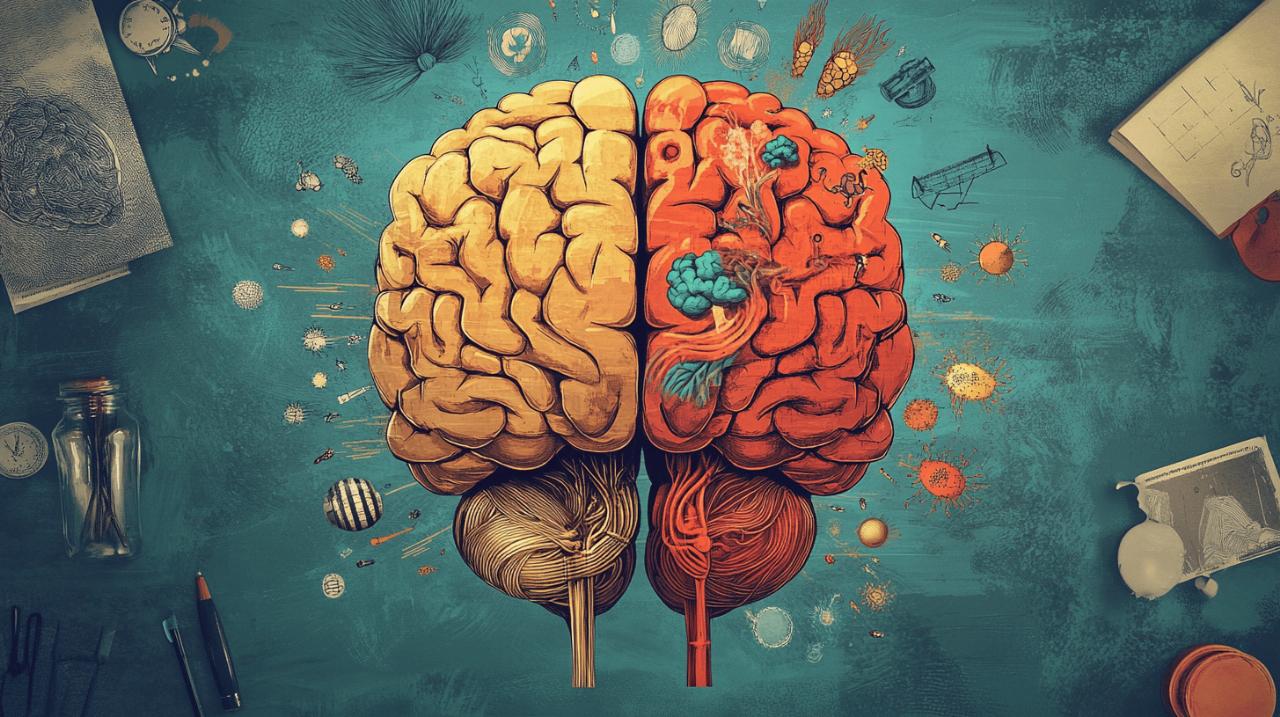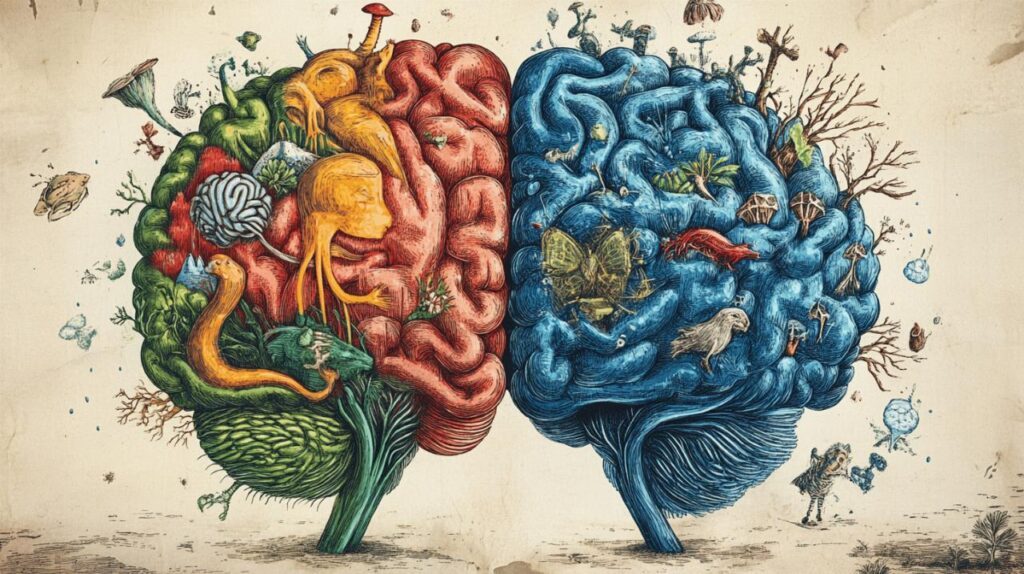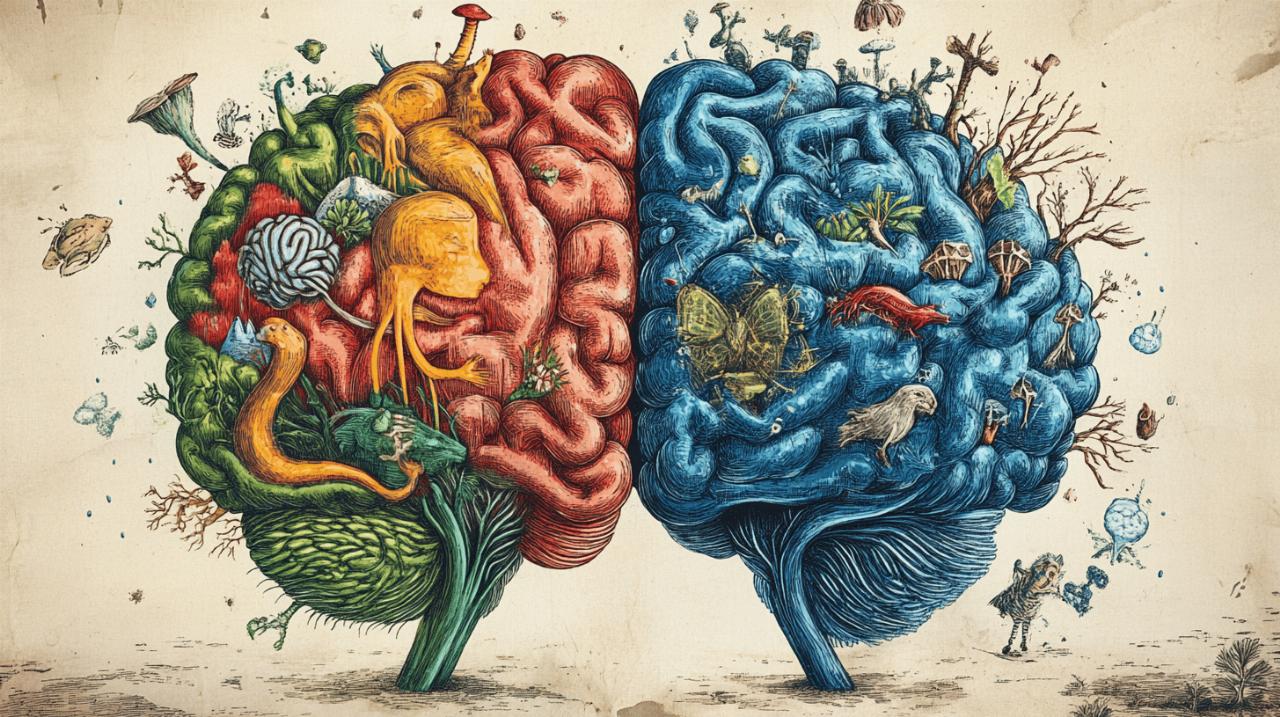The tapestry of human behaviour, woven with threads of kindness and cruelty alike, has captivated thinkers for generations. The question of why individuals veer towards helping others or causing harm is not simply a matter of inherent goodness or evil, but rather a complex interplay of psychological forces. Understanding these forces, particularly the influence of moral development, offers vital insights into the choices we make each day. It is within this intricate landscape of empathy, reasoning, and social context that the seeds of both prosocial and antisocial actions are sown.
The Building Blocks of Morality: Early Development and Social Learning
Childhood foundations: how we first learn right from wrong
The journey towards understanding right from wrong begins remarkably early in life. Research suggests that even before formal schooling, children exhibit signs of a natural moral sense, hinting at an inherent capacity for ethical awareness. This nascent moral compass, however, is not fixed or fully formed at birth. It undergoes significant refinement through experiences and interactions with the world around them. The very young child's initial understanding of fairness, for instance, might be rudimentary, but it serves as a foundation upon which more sophisticated moral reasoning is built. This early stage is critical, as it sets the stage for how individuals will perceive and respond to moral dilemmas throughout their lives.
As children grow, their capacity for moral judgement evolves through distinct stages, progressing from simple rule-following to more complex ethical considerations. Initially, children might avoid certain actions primarily to escape punishment, a very self-centred perspective. Gradually, their reasoning shifts to encompass the expectations of others and the maintenance of social order. Eventually, more mature individuals develop principles based on universal ethical concepts, such as justice and human rights. This developmental trajectory, whilst generally consistent, is not uniform, and various factors can accelerate or hinder its progression.
The Role of Family, Peers, and Cultural Context in Shaping Moral Values
The family environment serves as the primary crucible for moral development. Parenting styles wield considerable influence over how children internalise values and develop their sense of right and wrong. Authoritarian parenting, characterised by strict rules and limited communication, can sometimes lead to heightened feelings of shame in children. Conversely, parents who engage in open dialogue, explaining the reasoning behind rules and fostering understanding, tend to nurture more robust moral learning. This communication is not merely about dictating rules, but about helping children comprehend the impact of their actions on others, thereby cultivating empathy and responsibility.
Beyond the family unit, peers play an increasingly significant role as children mature. Studies indicate that young people often feel more comfortable discussing moral dilemmas with their friends than with their parents, highlighting the powerful influence of peer relationships on ethical thinking. Cultural context also profoundly shapes moral values. Some societies emphasise guilt, focusing on individual transgressions, whilst others prioritise shame, which centres on public perception and social standing. Research has shown, for example, that children in Japan are more prone to experiencing shame compared to those in Korea or the United States, reflecting differing cultural norms and expectations. These cultural differences underscore the fact that moral development is not a universal, fixed process, but one deeply embedded within specific social and cultural frameworks.
Empathy and Perspective-Taking: The Emotional Drivers of Prosocial Action
Understanding empathy: why feeling others' emotions matters
Empathy, the ability to understand and share the feelings of another person, stands as a cornerstone of prosocial behaviour. When we genuinely feel what someone else is experiencing, we are naturally inclined to alleviate their distress or contribute to their well-being. This emotional connection bridges the gap between self-interest and altruism, motivating us to act in ways that benefit others. Empathy is not simply an abstract concept, but a deeply felt emotional response that can powerfully influence our choices. It is the mechanism by which we move beyond seeing others as separate entities and begin to recognise our shared humanity.
The presence of moral elevation, a feeling of warmth and inspiration experienced when witnessing acts of kindness or virtue, can also serve as a powerful catalyst for prosocial action. Research involving young adults in China has demonstrated that moral elevation can effectively translate moral thoughts into tangible behaviours. When individuals feel uplifted by witnessing goodness, they are more motivated to engage in helpful actions themselves. This suggests that fostering environments where prosocial behaviour is visible and celebrated can have a ripple effect, encouraging others to follow suit. The emotional resonance of witnessing good deeds can be a potent force for positive change.
When empathy fails: the psychological barriers to caring behaviour
However, empathy is not always present, and its absence can pave the way for antisocial conduct. A lack of empathy, or even active antipathy, can make individuals indifferent to the suffering of others, or worse, can lead them to actively inflict harm. Understanding the psychological barriers to empathy is crucial for addressing antisocial behaviour. These barriers can include personal distress, where an individual becomes overwhelmed by their own emotional response to another's suffering, leading them to withdraw rather than help. Cognitive biases can also impede empathy, such as dehumanising certain groups or attributing negative characteristics to them, making it easier to justify harmful actions.
Furthermore, unresolved feelings of shame can complicate the picture. Whilst shame can sometimes motivate prosocial behaviour in certain contexts, it can also lead to aggression or antisocial actions in others. Studies have indicated that children who frequently experience shame may struggle with peer relationships and exhibit higher levels of anxiety or depression. In some cases, shame can lead to withdrawal and avoidance, but in other instances, it can trigger defensive aggression, as individuals lash out to protect themselves from the painful emotion. Bullies, for example, tend to experience less shame or guilt when harming others, suggesting a diminished capacity for empathic concern. Interestingly, children who are skilled at emotional regulation may, paradoxically, be more prone to aggression when experiencing shame, as they may redirect their managed emotions outward.
Cognitive processes and moral reasoning: how we justify our choices
Moral judgement stages: from childhood to adult ethical thinking
 The cognitive dimension of morality involves how we reason about ethical issues and justify our choices. Moral judgement, the process of evaluating actions as right or wrong, develops through stages, moving from concrete, rule-based thinking to abstract, principle-driven reasoning. In the earliest stages, children's moral judgements are heavily influenced by external consequences, such as rewards and punishments. They adhere to rules primarily to avoid negative outcomes. As they mature, their judgements become more sophisticated, incorporating considerations of social norms, relationships, and ultimately, universal ethical principles.
The cognitive dimension of morality involves how we reason about ethical issues and justify our choices. Moral judgement, the process of evaluating actions as right or wrong, develops through stages, moving from concrete, rule-based thinking to abstract, principle-driven reasoning. In the earliest stages, children's moral judgements are heavily influenced by external consequences, such as rewards and punishments. They adhere to rules primarily to avoid negative outcomes. As they mature, their judgements become more sophisticated, incorporating considerations of social norms, relationships, and ultimately, universal ethical principles.
This progression is not automatic, and not all individuals reach the highest stages of moral reasoning. Various factors, including educational opportunities, exposure to diverse perspectives, and the quality of social interactions, can influence the trajectory of moral development. The ability to engage in abstract moral reasoning allows individuals to grapple with complex ethical dilemmas and to make choices that align with their deeply held values, even when those choices are difficult or unpopular. Research involving students has highlighted that moral judgement plays a significant role in motivating prosocial behaviour, particularly among men, suggesting that cognitive processes are a key component of ethical action.
Attribution, Blame, and Emotional Regulation in Decision-Making
Beyond moral judgement, other cognitive processes influence our behaviour. How we attribute causes to events, how we assign blame, and how we regulate our emotions all play a part in shaping our actions. If we tend to interpret ambiguous situations in a hostile manner, we are more likely to react with aggression. Similarly, if we attribute negative outcomes to the malicious intent of others, we may be more inclined to seek retribution. Effective emotional regulation, the ability to manage and modulate our emotional responses, is crucial for preventing impulsive or harmful behaviour. Individuals who struggle with emotional regulation may be more prone to acting out in antisocial ways, particularly when experiencing strong negative emotions like anger or frustration.
The importance of moral identity, the degree to which being a moral person is central to one's self-concept, cannot be overstated. When moral identity is strong, individuals are more likely to act in accordance with their moral values, even in the absence of external pressures. Research has shown that individuals with a strong moral identity are more likely to engage in prosocial behaviour after experiencing moral elevation, as the uplifting feeling reinforces their commitment to acting ethically. This suggests that cultivating a sense of moral identity, both in children and adults, is a vital strategy for promoting prosocial behaviour and reducing antisocial actions.
Social influences and situational factors: when context shapes conduct
Group Dynamics and Conformity: The Power of Social Norms
Human beings are inherently social creatures, and our behaviour is profoundly influenced by the groups to which we belong. Social norms, the unwritten rules and expectations that govern behaviour within a group, exert a powerful force on individual choices. We are often inclined to conform to these norms, even when they conflict with our personal values. This tendency to conform can lead to prosocial behaviour when the group values kindness and cooperation, but it can also contribute to antisocial actions when the group tolerates or even encourages harmful conduct. The pressure to fit in and to avoid social rejection can be a potent motivator, sometimes overriding individual moral judgement.
Group dynamics can also lead to phenomena such as bystander apathy, where individuals are less likely to help someone in need when others are present. The diffusion of responsibility, where individuals assume that someone else will take action, can paralyse prosocial responses. Conversely, when a group actively promotes prosocial behaviour, individuals within that group are more likely to engage in helpful actions. Understanding the power of social influence is crucial for creating environments that foster prosocial behaviour and discourage antisocial conduct. This involves not only promoting positive norms but also challenging negative ones and creating a culture of accountability.
Environmental Pressures and Media Influences on Moral Behaviour
The broader environmental context, including socioeconomic factors and media influences, also plays a significant role in shaping moral behaviour. Individuals living in environments characterised by poverty, violence, or social instability may face greater challenges in developing prosocial tendencies. These environmental stressors can increase feelings of anxiety, depression, and aggression, making it more difficult for individuals to act in caring and responsible ways. Moreover, exposure to media that glorifies violence or antisocial behaviour can desensitise individuals to the suffering of others and normalise harmful actions. Conversely, media that portrays prosocial behaviour and highlights the importance of empathy and compassion can have a positive influence.
Socialisation, the process by which individuals learn the values, norms, and behaviours of their society, is deeply intertwined with both family and environmental factors. The messages children receive from their parents, peers, schools, and the media all contribute to their understanding of right and wrong. Creating a society that promotes prosocial behaviour requires a multi-pronged approach, addressing not only individual psychology but also the social and environmental contexts that shape our choices. This includes fostering supportive family environments, promoting positive peer interactions, addressing socioeconomic inequalities, and encouraging media that portrays prosocial values. By understanding the complex interplay of psychological, social, and environmental factors, we can work towards building a more compassionate and just world.




